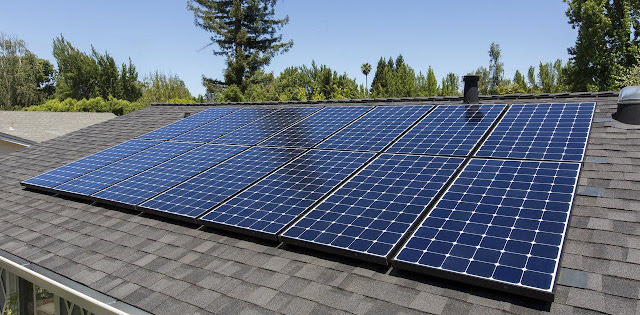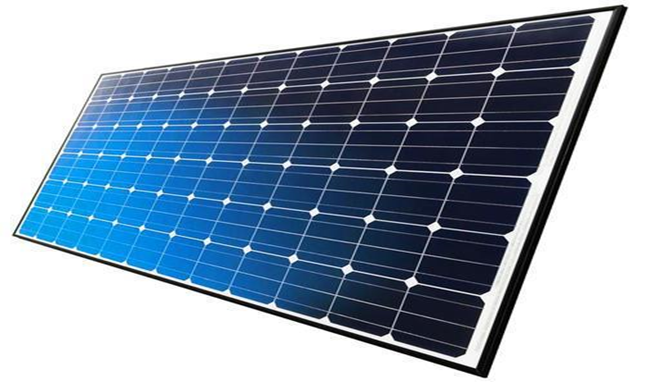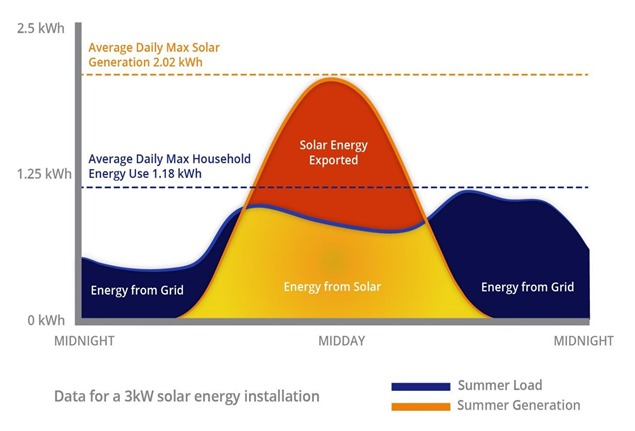How to define best solar panel for your home?
The solar energy industry is booming
and there are a lot of options for homeowners to consider when it comes to
their home's power needs. We will look into points to help you make a safe
choice.
First, let’s understand how these panels work. A solar panel transforms
sunlight directly into electricity by use of photovoltaic cells or PV modules
which contain semiconducting materials that create an electric field across the
two conductors, resulting in free electrons from one conductor moving towards
another conductor as per the external voltage applied on them thus generating
current flow through wires attached at both ends.
- First of all, homeowners or consumers need to understand the difference between solar panels and inverters as both are an essential part of photovoltaic systems. While solar panels take sunlight directly from sunrays converting them into electricity, the inverter converts this direct current power supply (DC) generated by the solar panel into an alternating current power supply (AC).
- Next,
it is important to understand system sizing when you are buying a solar
power solution for your home. As per National Renewable Energy Laboratory
(NREL), their studies revealed that an average American household uses
around 30 kWh daily or 1000-1200 units in a month.
- Hence,
considering this figure along with available sunlight hours in your region
will help you determine the size of the photovoltaic systems required at
your place which should be well above this amount to store excess energy
generated during peak production periods then draw from them on days where
there is less sunshine thus making sure enough energy supply is available
round the year.
- Further,
it is important to know whether you require a grid-tie system or off-grid
solution for your home and how much area do you have on your rooftop?
Before investing in solar systems in Sydney,
contact local authorities to understand applicable regulations and
requirements for installing such panels at your place if any before
finalizing on a particular vendor.
- Also, an ideal location should be chosen that gets maximum sunlight throughout the day; however, shading by trees should also be taken into consideration as these structures can often block up to 30% of incoming light from reaching your panels resulting in reduced electricity production which will impact how economical this choice would turn out to be over time. In addition, homeowners must choose their vendors carefully considering factors like warranty duration and reputation in the market as well as the price of equipment to be installed.
-
Conclusion:
To get the best solar systems in Sydney, choose Ozeal Energy. We are pleased to be a contributing player in Solar Energy Revolution. Given Australia’s highest uptake of solar in the world, if you search for the best solar company near me, you would see Ozeal be among the prominent providers of these panels.
- Next,
it is important to understand system sizing when you are buying a solar
power solution for your home. As per National Renewable Energy Laboratory
(NREL), their studies revealed that an average American household uses
around 30 kWh daily or 1000-1200 units in a month.





Comments
Post a Comment